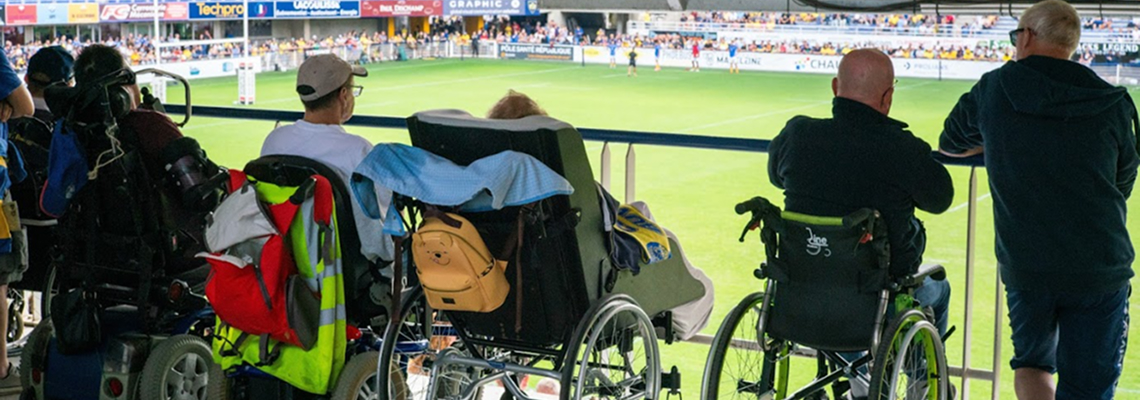Selecting a recovery coach can be an important decision in your recovery journey. Here are some steps you can take to help you select the right coach for you:
- Determine Your Goals: Before selecting a recovery coach, take some time to think about your goals and what you hope to achieve through coaching. This will help you identify the qualities and skills you are looking for in a coach.
- Ask for Referrals: Ask for referrals from your healthcare provider, therapist, or support group. You can also ask friends or family members who have experience working with a recovery coach.
- Research Coaches: Look for recovery coaches who are certified, have experience working with individuals in recovery, and have a style and approach that aligns with your goals.
- Conduct an Interview: Once you have identified potential coaches, schedule an interview to discuss your goals and learn more about their approach to coaching. Ask about their qualifications, experience, and success working with clients with similar challenges to yours.
- Check References: Ask for references and follow up with previous clients to learn about their experience working with the coach.
- Consider Logistics: Consider logistics such as availability, location, and cost when selecting a coach. It is also important to ensure that the coach is a good fit for your personality and communication style.
- Overall, selecting a recovery coach requires careful consideration and research. Take the time to identify your goals, research potential coaches, and conduct an interview to ensure a good fit.
A good recovery coach should possess certain qualities and skills. Here are some important attributes to look for:
- Empathy: A recovery coach should be able to understand and empathize with the struggles and challenges that someone with a mental illness faces. They should be able to provide emotional support and validation while helping their client to work towards their goals.
- Knowledge and Expertise: A recovery coach should have a deep understanding of mental health and illness, as well as the recovery process. They should have experience working with clients with similar conditions and be able to provide evidence-based strategies to help them manage their symptoms and achieve their goals.
- Positive Attitude: A recovery coach should be optimistic and encouraging, helping clients to believe in themselves and their ability to recover. They should focus on strengths and progress, rather than dwelling on setbacks or failures.
- Good Communication Skills: A recovery coach should be able to communicate effectively with their clients, listening attentively, providing feedback, and asking questions to facilitate understanding. They should be able to explain complex concepts and strategies in a clear and concise manner.
- Flexibility: A recovery coach should be adaptable and able to adjust their approach to meet the unique needs and preferences of each client. They should be able to modify their strategies and techniques as needed to ensure that they are effective for their client.
- Accountability: A recovery coach should hold their clients accountable for their actions and commitments, helping them to stay on track towards their goals. They should provide structure and guidance, while also respecting their client’s autonomy and individuality.
Overall, a good recovery coach for mental illness should be compassionate, knowledgeable, and effective in helping their clients to achieve their goals and improve their mental health and well-being.
Speak to our team if you would like to know more about our Recovery Coaches
